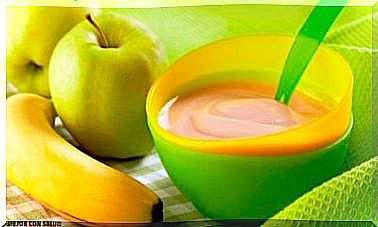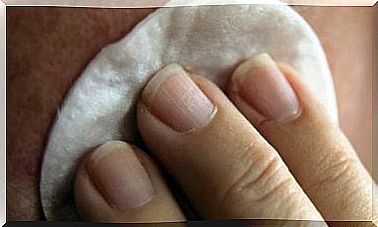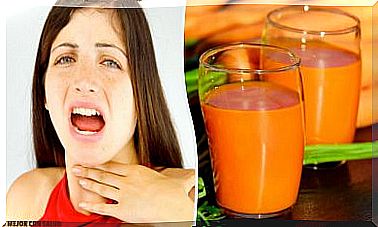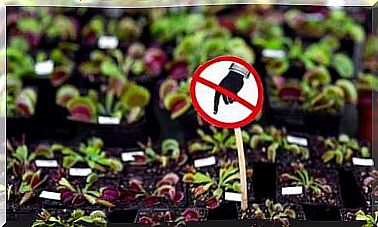5 Foods For Better Blood Quality
Good quality blood requires good production of white blood cells, red blood cells and platelets.
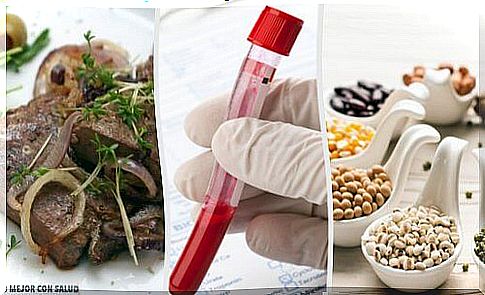
How to get better quality blood? Let’s start by defining what blood is, that is, liquid connective tissue that circulates through capillaries, veins, arteries, atria, and ventricles in all vertebrates.
The red color is inevitable due to the presence of the erythrocyte hemoglobin pigment .
Its consistency is dense, opaque, with a metallic taste. However, its color may change: from scarlet, which indicates a high level of oxygen, to dark red, that is, poor in oxygen.
The average pH of the blood is 7.35-7.45, while its temperature is 38 °, slightly higher than body temperature.
What does the blood carry?
- Nutrients
- Hormones
- Antibody
- Oxygen
- Carbon dioxide
- Electrolytes
- Vitamins
- Heat
Where is it formed?
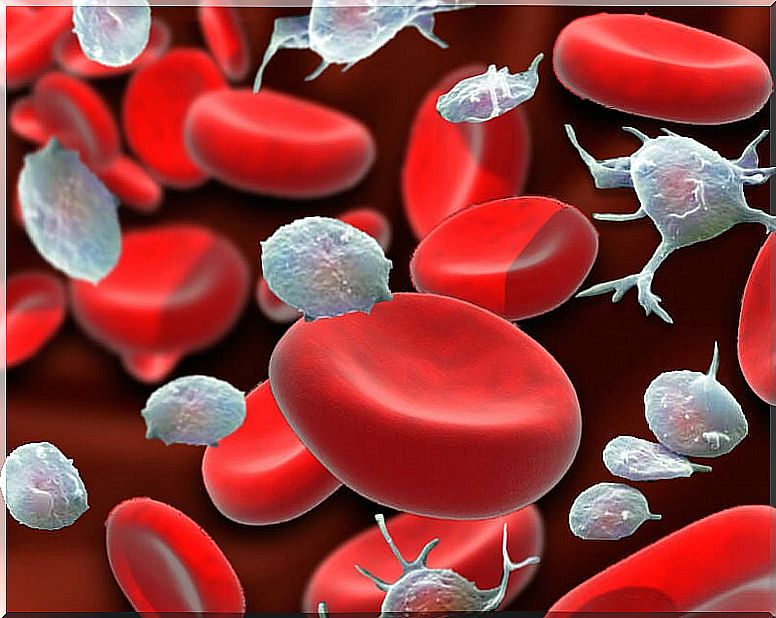
Blood cells are produced in the bone marrow, which is a spongy tissue located inside certain bones in the body such as those in the hip, breastbone, and skull.
The human body contains approximately between 4.5 and 6 liters of blood, of which 55% constitutes plasma, the liquid part made up of water, mineral salts and proteins. The remaining 45% contains red blood cells, white blood cells and platelets.
How to adopt a healthy diet?
To have better quality blood, you need to:
- Eat non-starchy vegetables like tomatoes, carrots, and spinach. It is important to reduce your consumption of potatoes, without completely eliminating it.
- Look for healthy protein, such as lean meats, chicken, turkey, and fish. Avoid consuming red meats, and especially anything that is processed, such as bacon or sausage.
- Whole foods are a good choice. Rice, pasta or wholemeal bread are healthier than white rice thanks to their fiber content. The blood sugar level then rises slowly and brings a feeling of fullness.
- Use vegetable oils. It is better to choose olive or rapeseed oils for seasoning. On the other hand, avoid the use of butter as it contains too much saturated fat.
- Avoid sugary drinks, such as juice, soda, or iced tea. The best is to prepare natural waters with a touch of fruit.
What vitamins and minerals make up the blood?
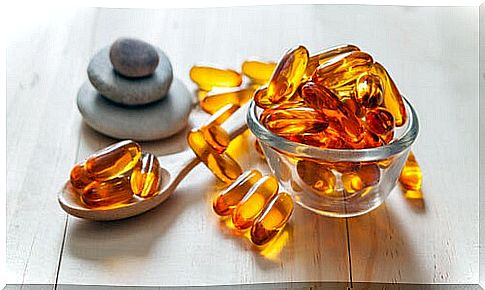
- Vitamin E : makes red blood cells more resistant.
- Iodine : contributes to the development of red blood cells and platelets.
- Vitamin C : stimulates the absorption of iron.
- Zinc : intervenes in the formation of lymphocytes.
- Vitamin K : promotes blood clotting.
- Cobalt : helps in the formation of hemoglobin and red blood cells.
- Copper : responsible for making iron available for the production of red blood cells.
- Iron : essential for forming hemoglobin, which is responsible for transporting oxygen to cells.
- Vitamin B12 : helps red blood cells to mature.
- Folic acid : contributes to the maturation of erythrocytes and leukocytes.
Recommended foods for better blood quality
Liver
Liver meat is rich in vitamin A, which undeniably improves the appearance of the skin, thanks to its antioxidant properties.
But it also increases the production of hemoglobin thanks to its high iron content.
Best of all, it’s low in fat and provides folic acid, which maintains proper cell division. An excellent food for better quality blood.
Eggs
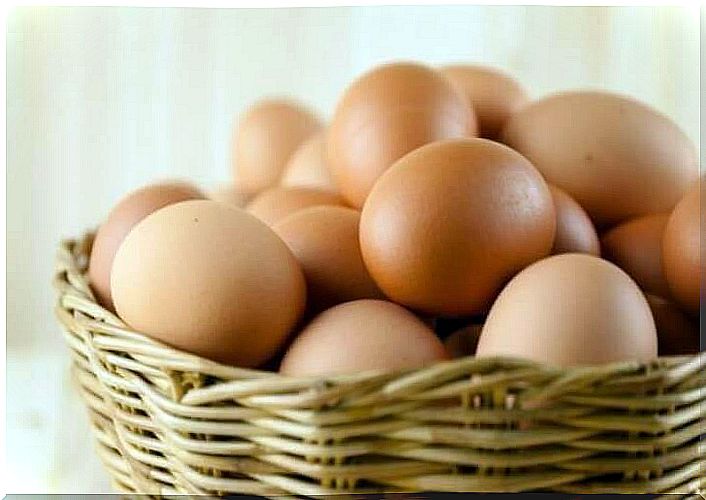
If you are not allergic or intolerant to eggs, you should include them in your diet. They are a source of protein, minerals and vitamins, especially in the yolk, where lecithin is found, responsible for cleaning fat in the arteries. It also contains choline, which improves the nervous system.
They provide vitamins D, A and E as well as minerals like iron, zinc, selenium, phosphorus and folic acid.
Dry vegetables
They are recommended for people who do not eat meat because they help to balance the nutrient deficit thanks to their high protein content. They also provide: carbohydrates, fiber, group B vitamins and minerals such as iron, magnesium and potassium.
The dried fruit
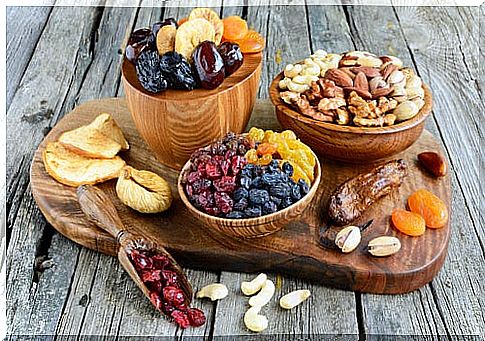
Even though dried fruits contain a high caloric density in a small amount, they provide important nutrients for the body, provided they are consumed in moderation, because they contain healthy fats with omega 3 fatty acids.
On the other hand, they contain a wide variety of vitamins and minerals. This is the case for potassium, magnesium, phosphorus, vitamin E and B complex. Excellent for having better quality blood.
Potatoes
Potatoes are the fuel the body needs for energy. They are rich in B vitamins, folic acid and minerals. On the other hand, flavonoids protect against cardiovascular disease and lower bad cholesterol.
For their part, the B vitamins are responsible for protecting the arteries. Vitamin B6 in particular lowers the levels of homocysteine, a chemical compound that contributes to inflammation of the arteries.
There you have it, now you know how to get better quality blood!
